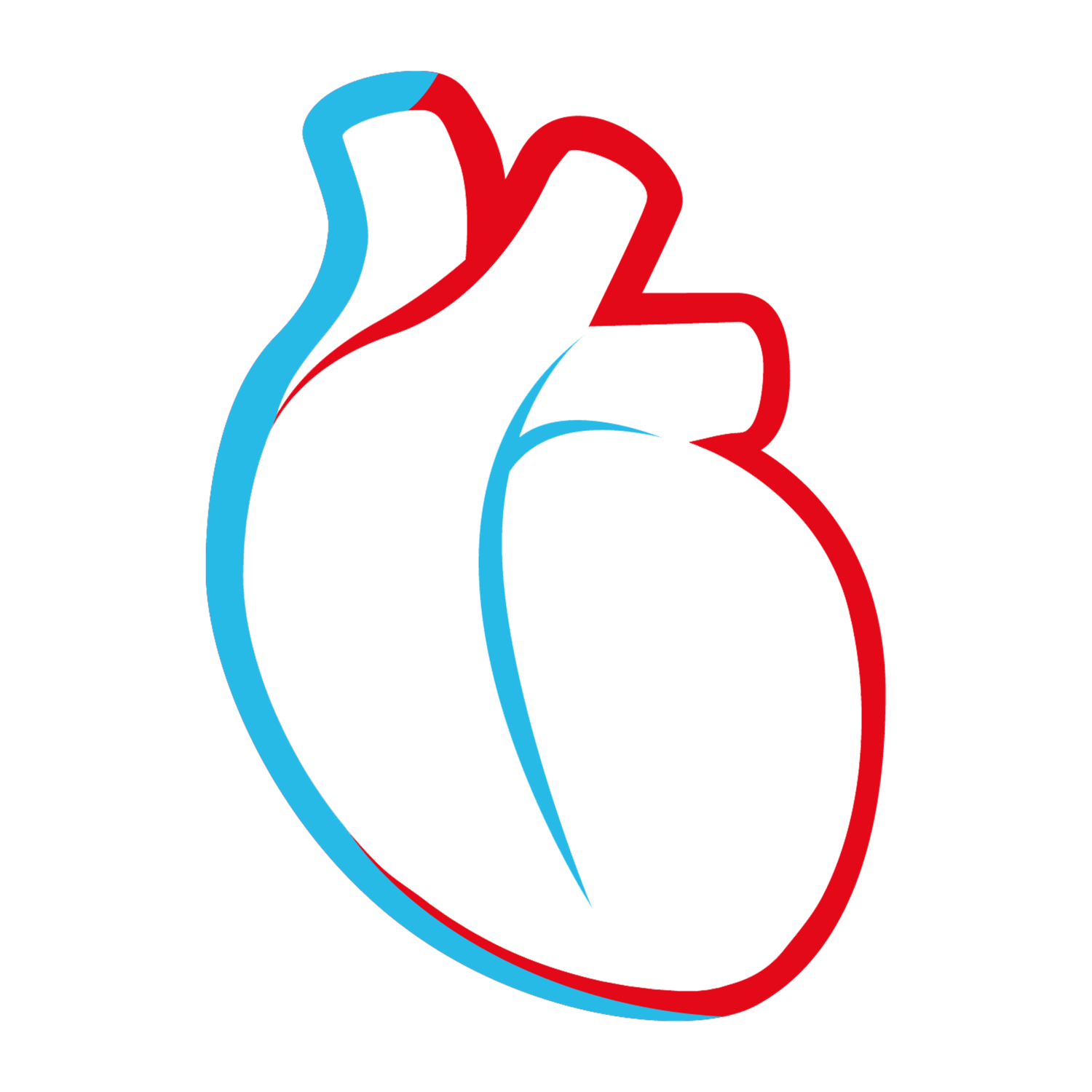Stress Echocardiography
Stress echocardiography is a test that uses ultrasound imaging to show how well your heart muscle is working to pump blood to your body. It is mainly used to detect a decrease in blood flow to the heart from narrowing coronary arteries. There are two types of stress echocardiograms.
Exercise Stress Echocardiogram
A stress echocardiogram (or "stress echo") is a diagnostic test usually used to assess for coronary artery disease but can also be used in assessment of valvular heart disease. It is an ultrasound test performed both at rest and then with the heart under "stress". The stress is achieved by exercising on a treadmill. The test takes around 1 hour. If treadmill exercise is being performed some comfortable clothes and shoes are helpful.
Your heart rate, blood pressure and heart rhythm will be monitored. An ultrasound probe will be placed on the chest with a gel to allow passage of ultrasound waves. Our cardiac sonographer will record images for the cardiologist to review. A report will be sent to your referring doctor and used to help assess and treat your cardiac condition.
Dobutamine Stress Echocardiogram
A dobutamine stress echocardiogram is a diagnostic procedure that may be used when a doctor wants to assess the heart muscle under stress. If exercise on a treadmill is not an option (too much stress on the heart) due to a person’s medical condition, a doctor may use an intravenous medication called dobutamine. Dobutamine causes the heart to beat faster and will mimic the effects of exercise on the heart.


